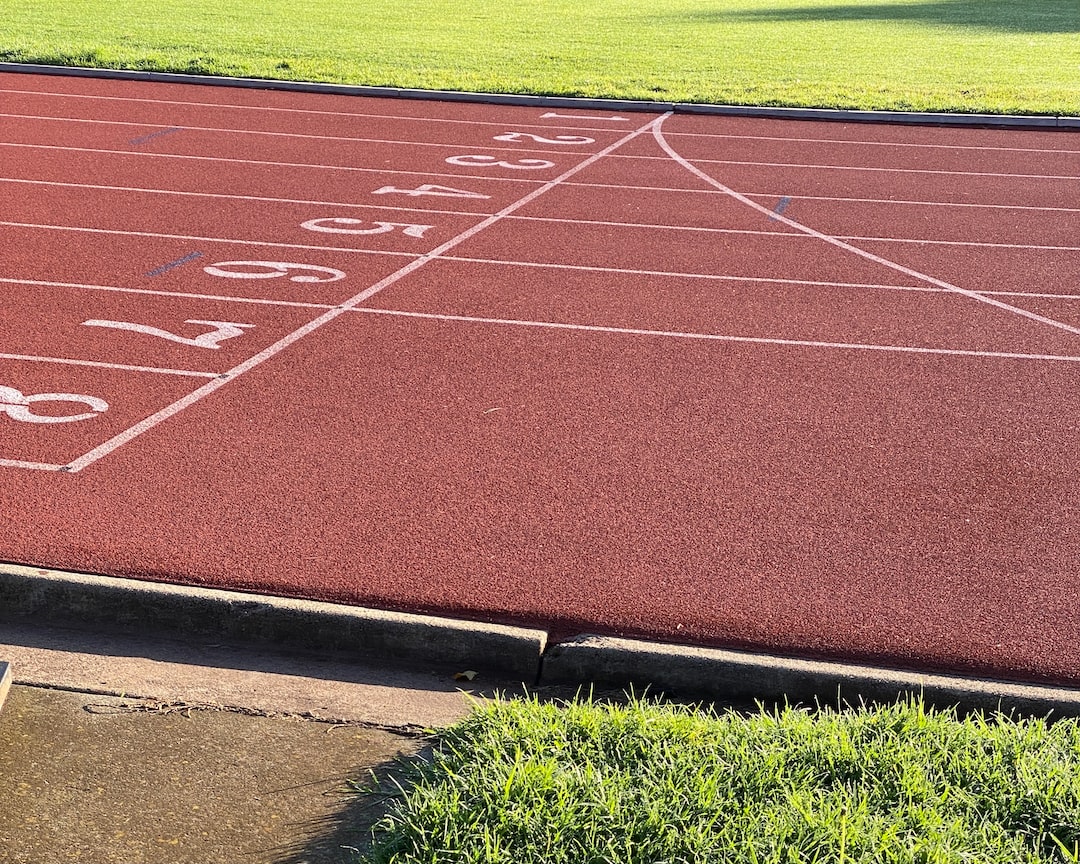The Psychology of Winning: Mental Strategies for Athletes
In the world of sports, the difference between winning and losing often comes down to mental preparedness. While physical skills and abilities are undoubtedly crucial, it is the psychological aspect that ultimately sets aside champions from the rest. Understanding the psychology of winning and adopting effective mental strategies can greatly enhance an athlete’s performance and help them reach their fullest potential.
One of the most fundamental mental strategies for athletes is setting clear and attainable goals. Goal-setting plays a crucial role in providing athletes with a sense of direction and motivation. By setting specific, measurable, achievable, relevant, and time-bound (SMART) goals, athletes create a blueprint for success, breaking down their ultimate objective into smaller, more manageable milestones. This not only helps them maintain focus but also builds confidence as they make progress toward their desired outcome.
Visualization is another powerful mental strategy that athletes can utilize to their advantage. By creating vivid mental images of success, athletes can train their minds to believe in their abilities. Visualization involves mentally rehearsing the desired performance, imagining every detail of the perfect execution, and experiencing the positive feelings and emotions associated with success. This technique helps athletes build mental resilience and enhances their ability to handle pressure situations with a calm and focused mindset.
Building mental toughness is crucial for athletes looking to achieve peak performance. Mental toughness refers to an athlete’s ability to remain focused, confident, and resilient in the face of adversity. Developing mental toughness involves adopting a growth mindset, reframing failure as an opportunity for growth, and embracing challenges as a means to improve rather than a source of stress. By cultivating mental toughness, athletes can better manage anxiety, overcome setbacks, and maintain a strong belief in their abilities, ultimately leading to improved performances.
The power of self-talk should not be underestimated when it comes to the psychology of winning. Self-talk refers to the internal dialogue and thoughts an athlete has about their performance. Positive self-talk involves using affirmations, encouraging oneself, and focusing on strengths rather than weaknesses. By replacing negative self-talk with positive, constructive thoughts, athletes can significantly improve their confidence, motivation, and overall performance. Self-talk acts as a guiding force that shapes an athlete’s mindset and influences their actions on the field or court.
Managing stress and controlling emotions are essential components of the psychology of winning. High-pressure situations can affect an athlete’s performance, leading to underperformance or mistakes. By learning stress-management techniques, such as deep breathing, mindfulness, and reframing, athletes can effectively regulate their emotions and stay in control during crucial moments. This helps them maintain focus, make better decisions under pressure, and perform to the best of their abilities.
Lastly, the importance of maintaining a strong support system should not be overlooked. Surrounding oneself with positive, supportive individuals, such as coaches, teammates, and family, plays a pivotal role in an athlete’s mental well-being and success. These individuals provide encouragement, guidance, and constructive feedback, ensuring athletes feel valued, motivated, and supported throughout their journey.
In conclusion, the psychology of winning is a critical aspect of an athlete’s success. By adopting effective mental strategies, athletes can enhance their performance, build mental resilience, and reach new heights. Setting clear goals, utilizing visualization techniques, building mental toughness, practicing positive self-talk, managing stress and emotions, and maintaining a strong support system are key components of the psychology of winning. As athletes embrace these strategies, they not only improve their performance but also develop skills and mindsets that transcend sports and contribute to personal growth and success in various aspects of life.

